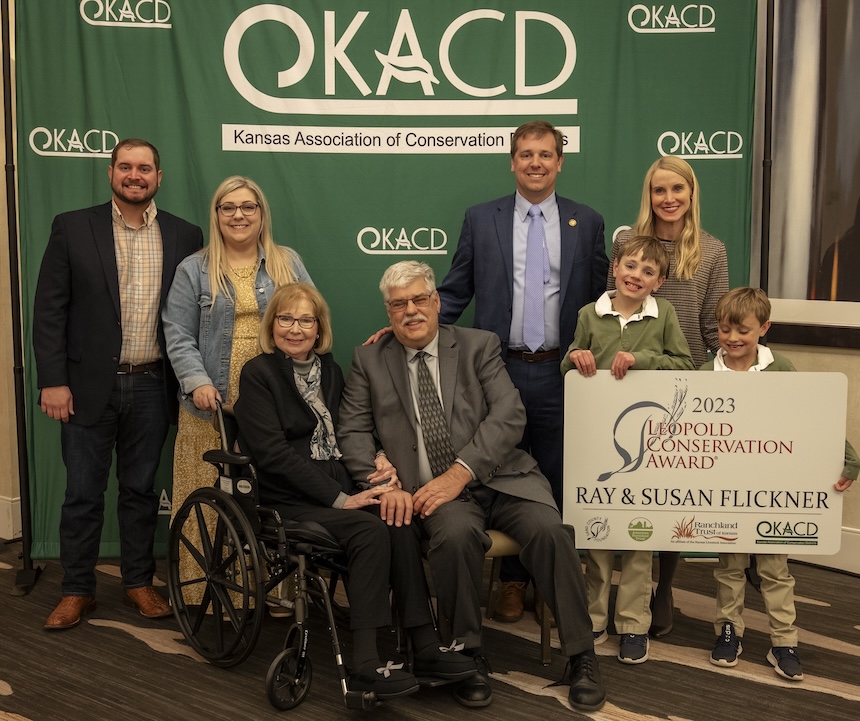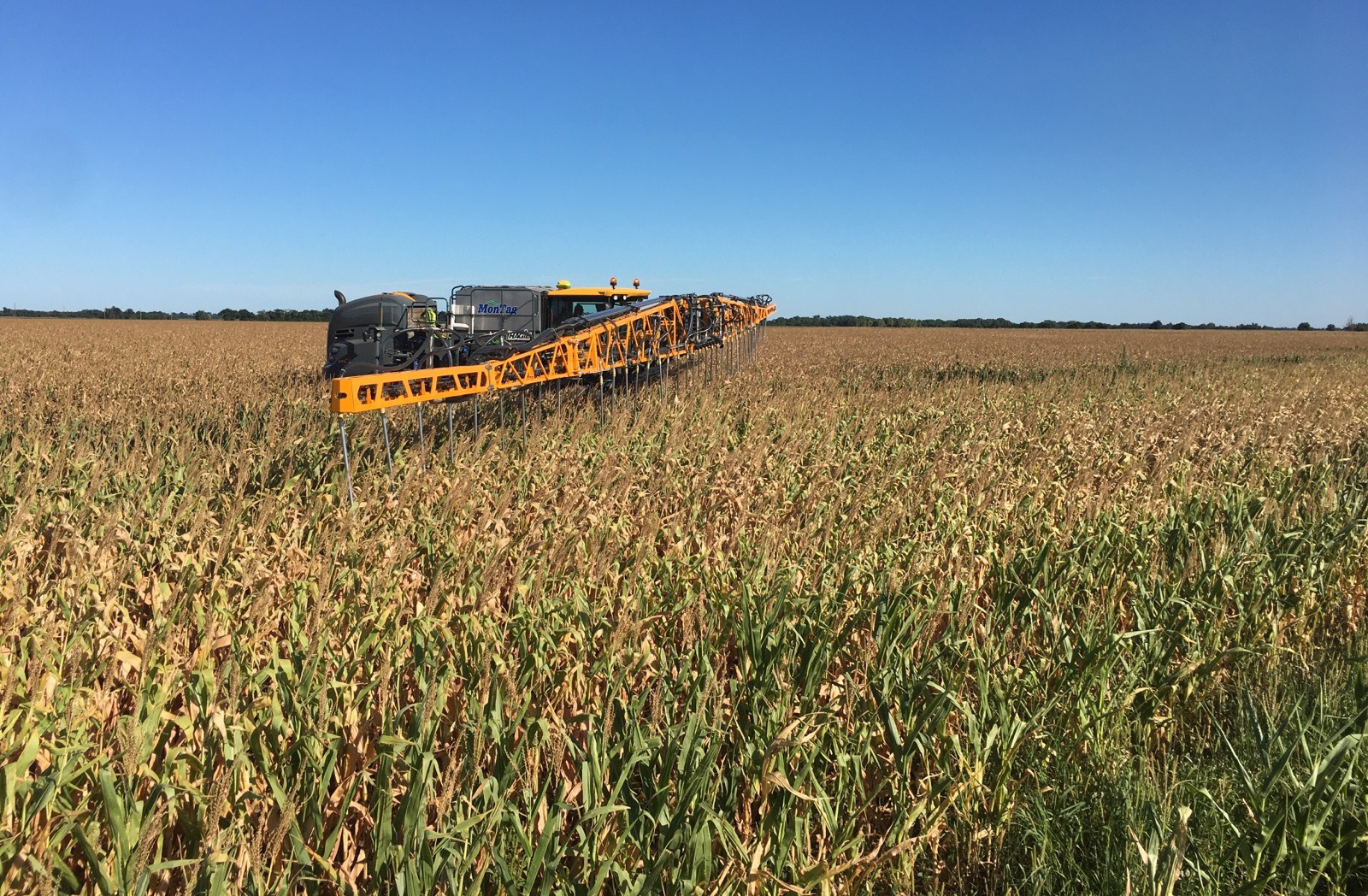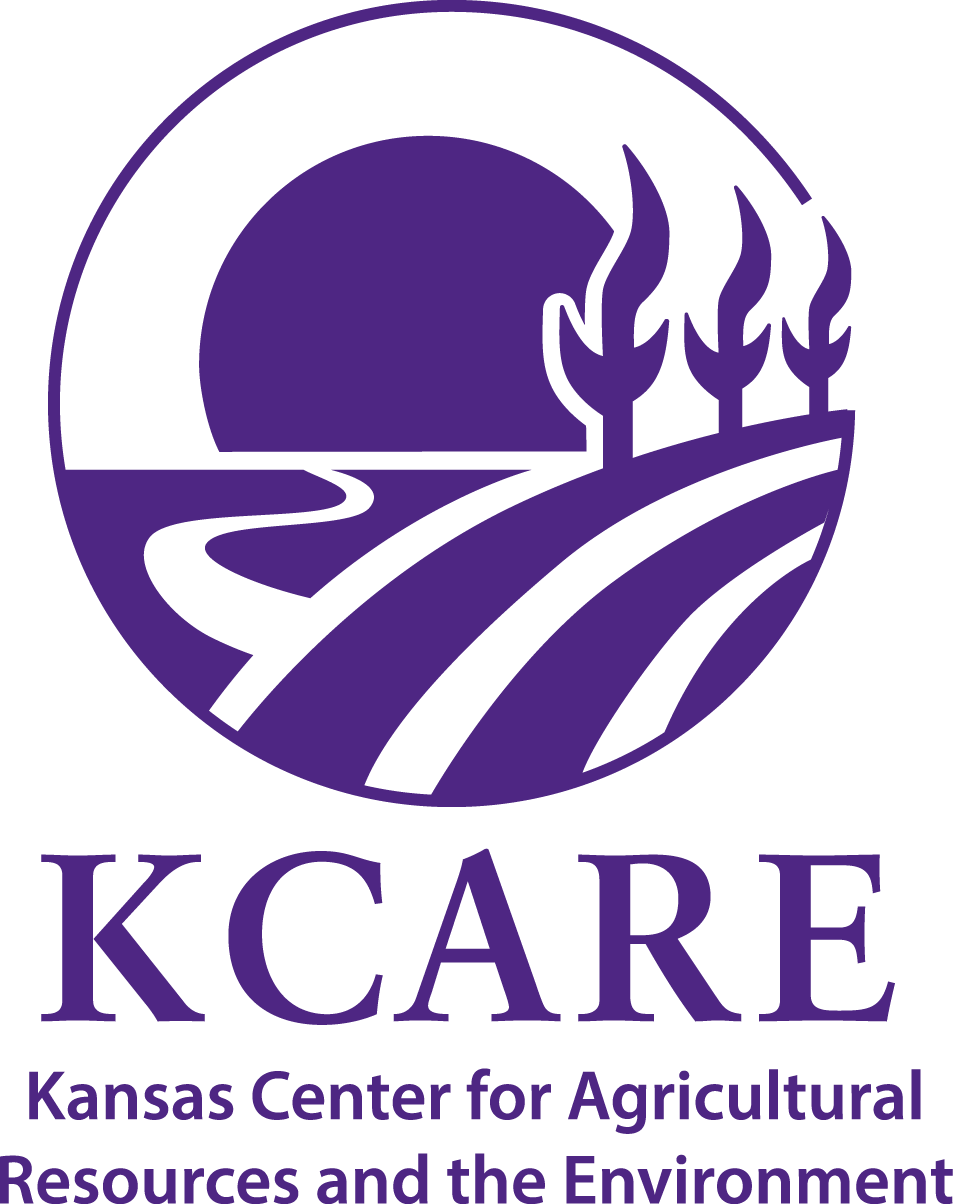Flickner Innovation Farm
You're invited to a Demonstration Day!
The Flickner Innovation Farm invites you to the farm on August 1, 2024. We'll be hosting a summer Demonstration Day, featuring the latest in irrigation management and water-conservation technologies. You'll have a chance to visit with experts, ask questions about the operation, and get up-close to the only 360 RAIN system in Kansas. You can register here if you plan to attend.
You'll be able to meet some of our partners and learn about their work at the innovation farm!
- 360 RAIN
- Aquaspy
- Arable System
- Autonomous Pivot
- K-State Research and Extension specialists
- Kansas Water Office
- Phytec
- VandWater
- Testing Ag Performance Solutions (TAPS)
Because of our location this year, we'll have you park carefully at the side of the road. Check in at our registration table when you arrive, help yourself to coffee (and a donut), and then have a great morning learning about the different topics and technologies. We're looking forward to a great day at the Flickner Farm!
Flickners win Leopold Conservation Award

Ray and Susan Flickner received the prestigious Leopold Conservation Award at the Kansas Association of Conservation Districts annual meeting in Wichita on November 20. The award recognizes those who inspire others through their extraordinary achievement in voluntary conservation.
The Leopold Conservation Award, named for wildlife ecologist and author Aldo Leopold, is presented annually to farmers, ranchers, and forestland owners in 28 states who showcase conservation practices such as improving soil health, water resources and wildlife habitat on their lands. In Kansas, it is presented by the Sand County Federation, in partnership with the American Farmland Trust, the Kansas Association of Conservation Districts, and the Ranchland Trust of Kansas.
The Flickners are the 9th landowners to receive the award in Kansas.
You can learn more about the Leopold Conservation Award Class of 2023 in this video, which features both Ray and Susan Flickner. More information about the specific state awardees can be found in this publication.
Farm History

Ongoing projects at the Flickner Innovation Farm will help fine-tune existing irrigation, soil-health and other agricultural technologies while exploring ways that new innovations can improve soil health and conserve water on Kansas farmland. We hope to harvest the advantages of new technology and current research with our comprehensive team of experienced growers, agronomists, watershed specialists, university researchers and industry specialists.
Together, we hope to extend the reach of standard agricultural practices while improving yields and preserving natural resources.

